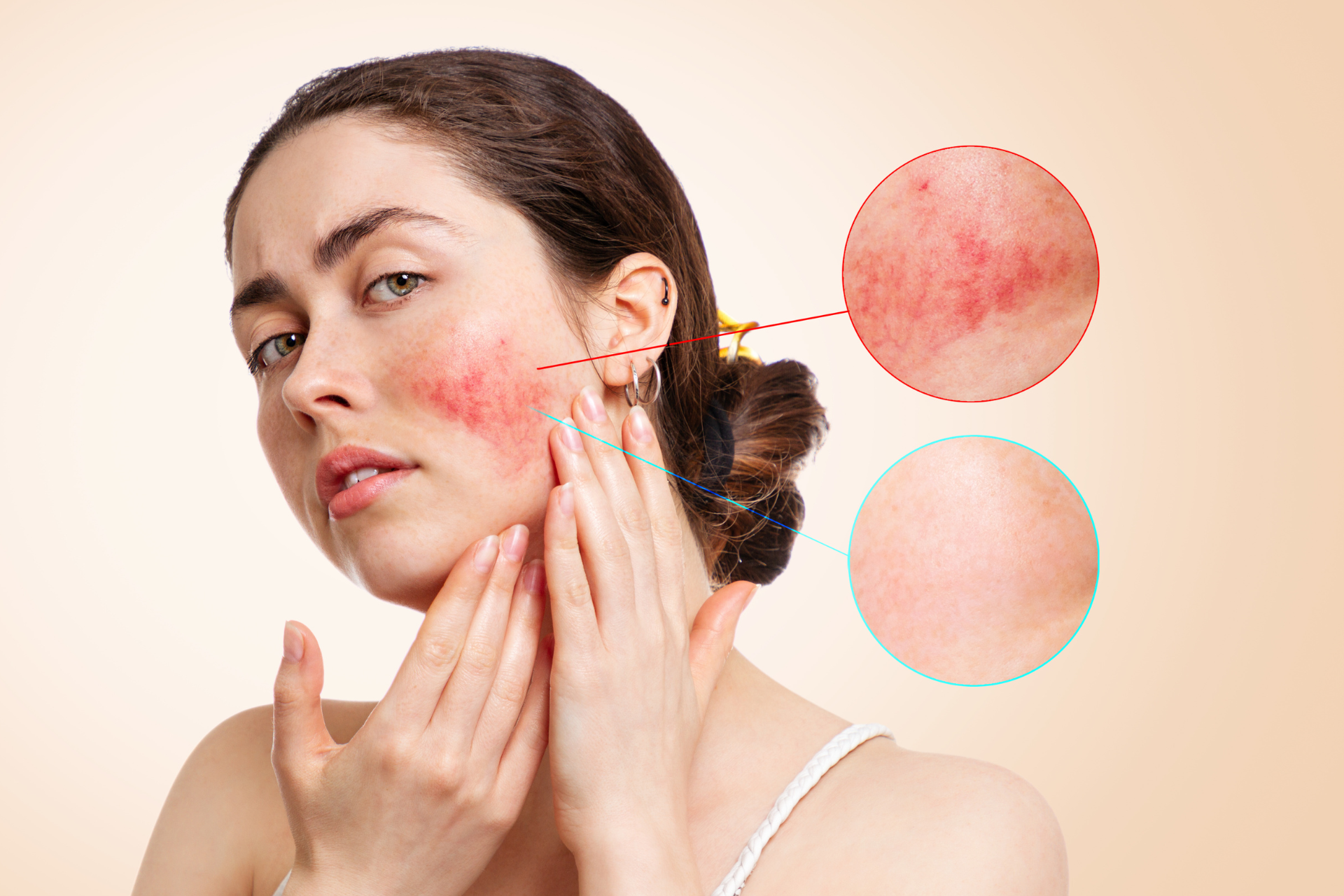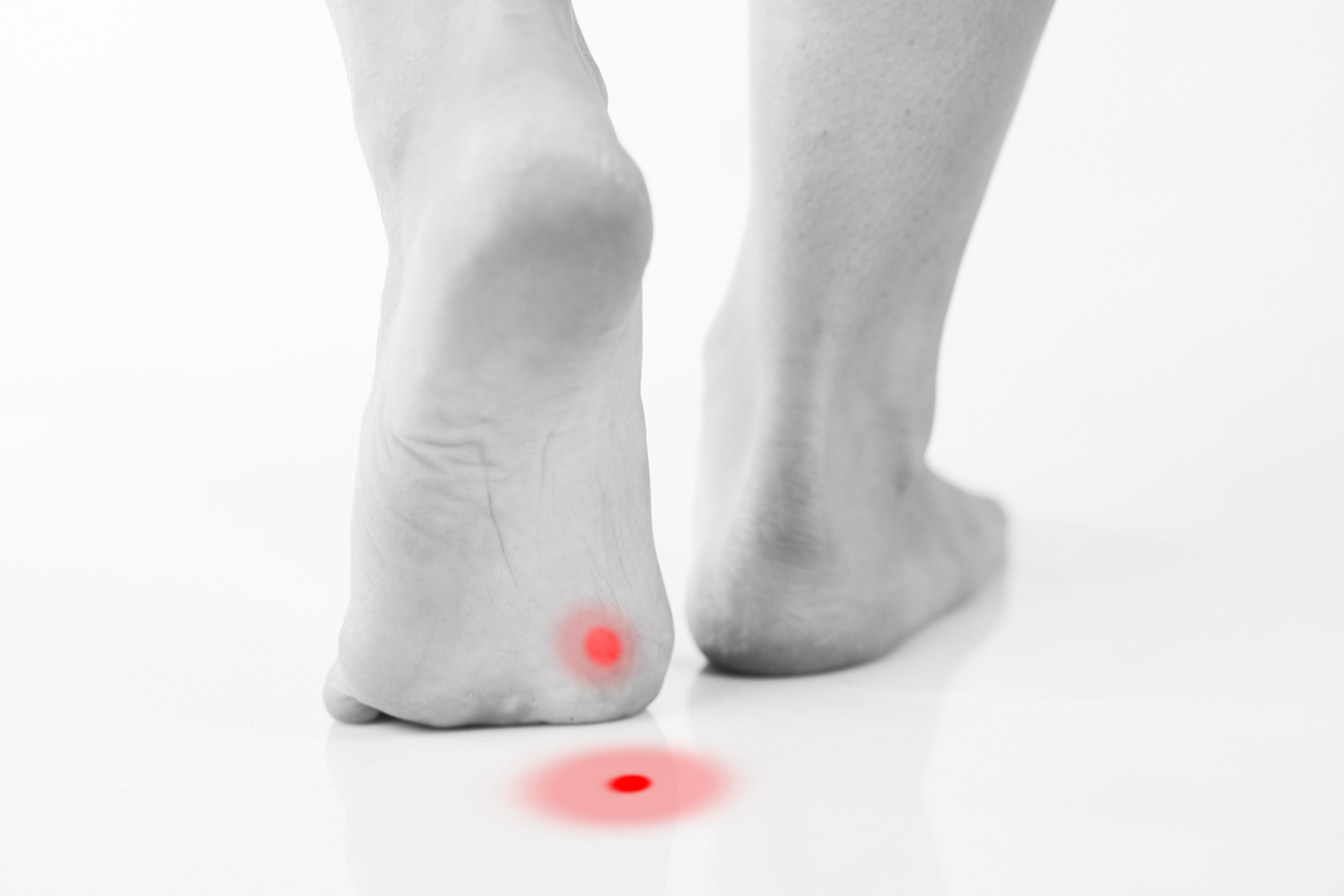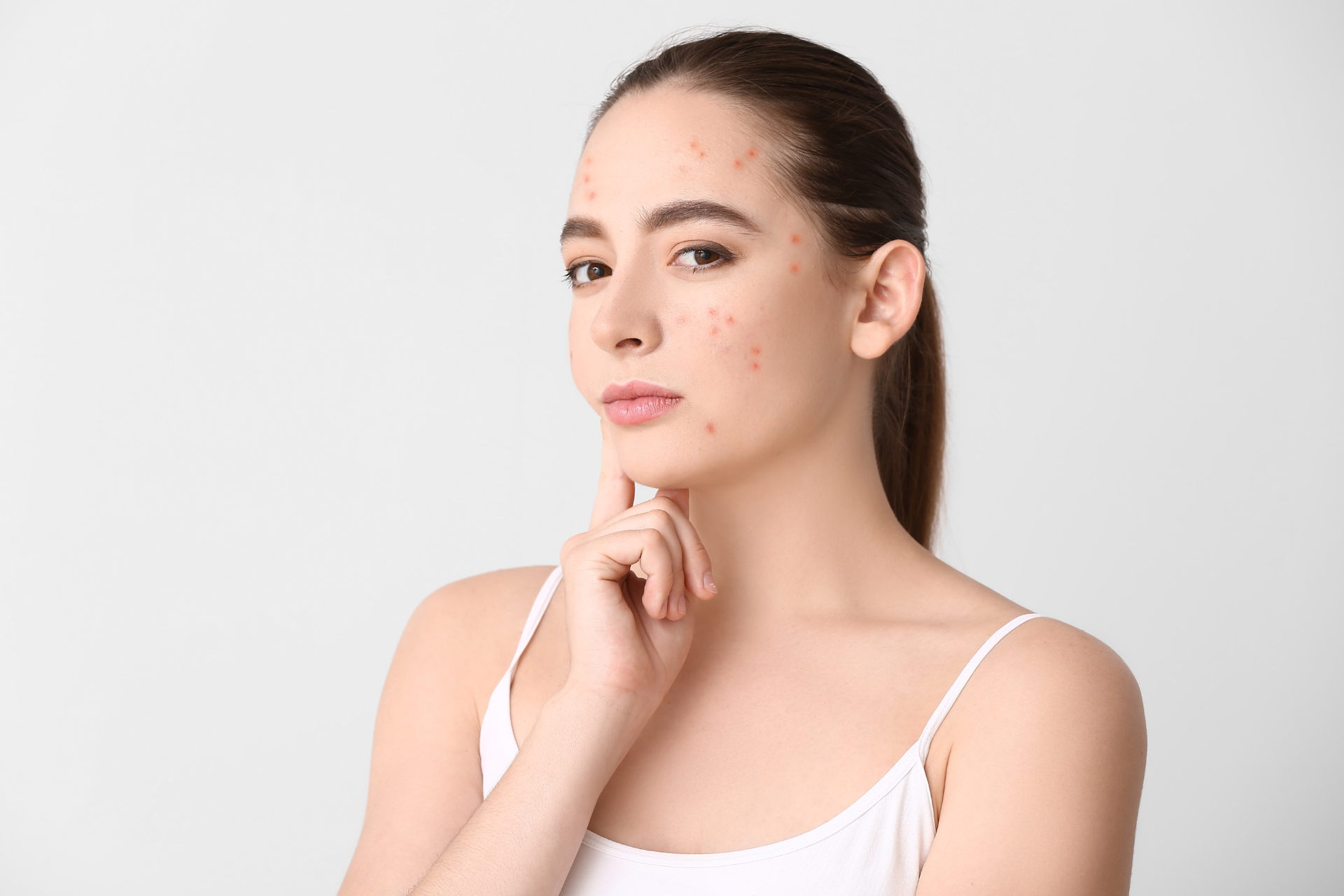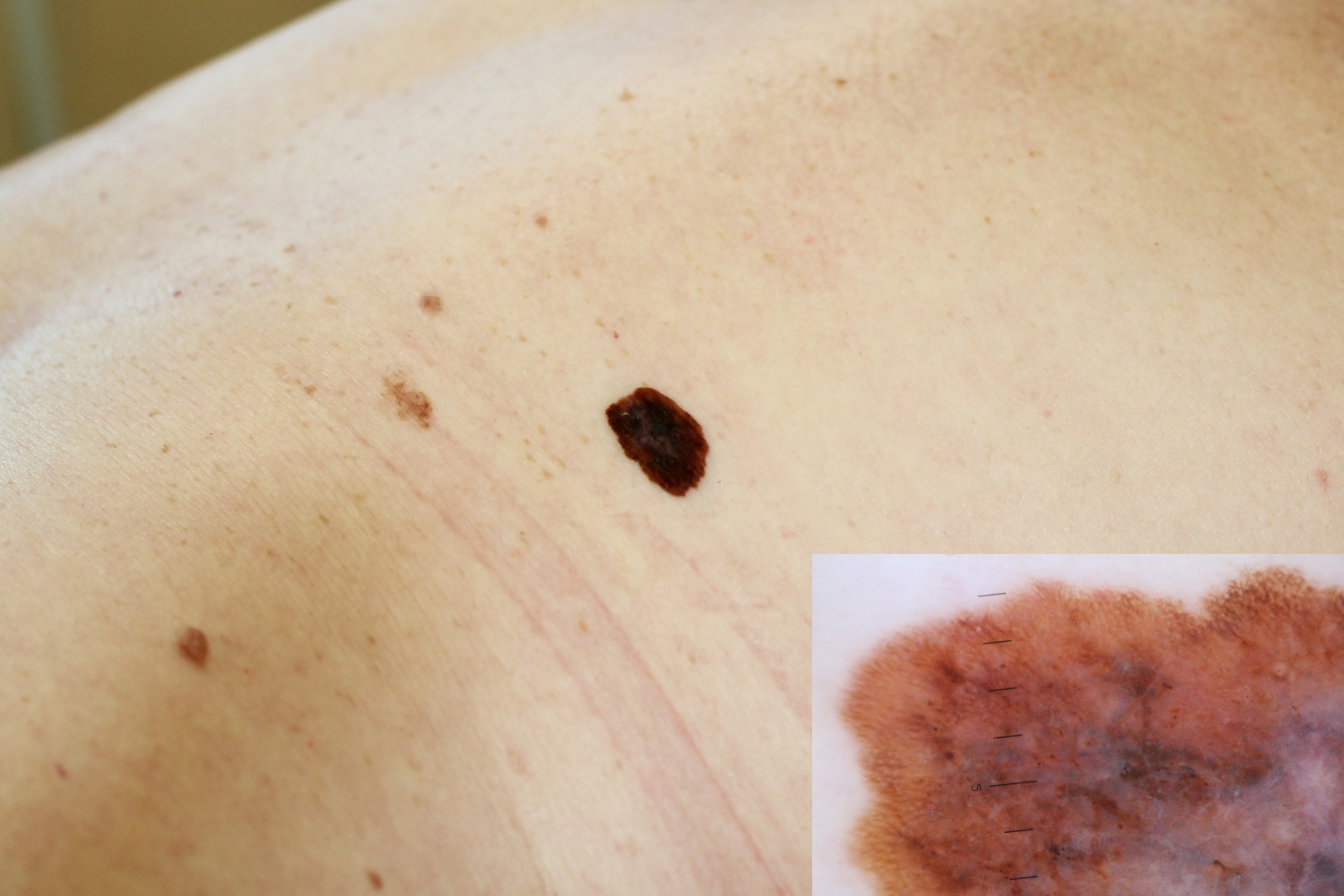Understanding and Managing Rosacea

Rosacea is a common skin condition that affects millions of people worldwide. Despite its prevalence, many individuals remain unaware of what rosacea is and how to effectively manage its symptoms. At Fall Creek Skin and Health Clinic, we are dedicated to helping our patients understand and address their skin concerns, including rosacea. In this blog post, we will delve into the details of rosacea, its causes, symptoms, and provide practical tips for managing this chronic skin condition.
What is Rosacea?
Rosacea is a chronic inflammatory skin condition that primarily affects the face, causing redness, visible blood vessels, and small, pus-filled bumps. It often starts in the central part of the face, including the cheeks, nose, chin, and forehead. In some cases, rosacea may also affect the eyes, leading to symptoms such as dryness, irritation, and sensitivity to light. While the exact cause of rosacea remains unknown, several factors are believed to contribute to its development, including genetics, abnormal blood vessels, and environmental triggers.
Symptoms of Rosacea:
The symptoms of rosacea can vary from person to person and may include:
1. Persistent facial redness
2. Flushing or blushing easily
3. Visible blood vessels (telangiectasia)
4. Bumps or pimples resembling acne
5. Thickening of the skin on the nose (rhinophyma)
6. Eye irritation and dryness
Managing Rosacea:
While there is no cure for rosacea, several treatment options are available to help manage its symptoms and improve the overall appearance of the skin. At Fall Creek Skin and Health Clinic, our skincare experts recommend the following tips for managing rosacea:
1. Identify and Avoid Triggers:
Pinpointing and avoiding triggers that worsen rosacea symptoms is crucial in managing the condition. Common triggers include hot beverages, spicy foods, alcohol, stress, sun exposure, and harsh skincare products. By identifying and eliminating triggers from your daily routine, you can help reduce flare-ups and maintain clearer skin.
2. Adopt a Gentle Skincare Routine:
Individuals with rosacea should opt for gentle skincare products that are free of irritants and fragrances. Use a mild cleanser and moisturizer formulated for sensitive skin to keep your skin hydrated and calm. Avoid harsh exfoliants and abrasive tools that can exacerbate redness and irritation.
3. Use Sun Protection:
UV radiation is a known trigger for rosacea, making sun protection an essential part of managing the condition. Apply a broad-spectrum sunscreen with an SPF of 30 or higher daily, even on cloudy days. Wear protective clothing, a wide-brimmed hat, and seek shade to shield your skin from the sun's harmful rays.
4. Consult a Dermatologist:
If over-the-counter treatments fail to improve your rosacea symptoms, schedule a consultation with a dermatologist at Fall Creek Skin and Health Clinic. Our experienced providers can evaluate your skin, prescribe medications, and recommend advanced treatments such as laser therapy to target redness and visible blood vessels.
In conclusion, rosacea is a chronic skin condition that requires ongoing management to control symptoms and prevent flare-ups. By understanding the triggers, adopting a gentle skincare routine, using sun protection, and seeking professional help when needed, individuals with rosacea can effectively manage their condition and achieve clearer, healthier skin. At Fall Creek Skin and Health Clinic, we are committed to providing comprehensive care for patients with rosacea and other skin-related concerns. Schedule an appointment with our team today to start your journey to clearer, happier skin.



Need Our Services?
Book a free consultation

Our promise is to offer high-quality medical attention at a fair price in a clean, friendly, and professional environment.
QUICK LINKS
BUSINESS HOURS
- Mon - Thu
- -
- Friday
- -
- Saturday
- Appointment Only
- Sunday
- Closed
All Rights Reserved | Fall Creek Skin and Health Clinic |
